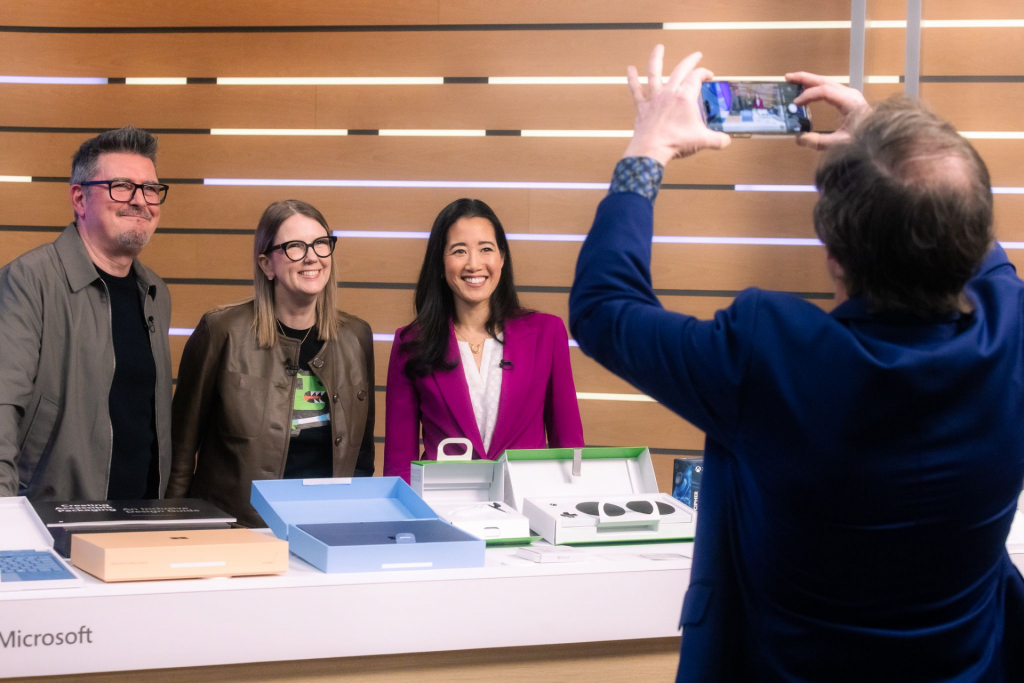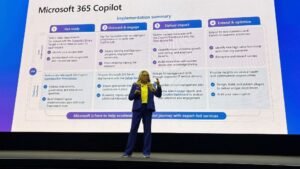2025 Microsoft Ability Summit: Navigating Accessibility in the Age of AI

Microsoft Ability Summit 2025: A Focus on AI and Accessibility
Today marked the 15th annual Microsoft Ability Summit, which saw participation from over 20,000 individuals representing 164 countries. Hosted virtually, the summit centered around the evolving intersection of artificial intelligence (AI) and accessibility. Microsoft’s dedication to accessibility has been a core principle for over three decades, with its journey beginning with the introduction of accessibility features in Windows 95 and continuing with advancements in hardware and software today.
Importance of Accessibility
Accessibility is crucial for empowering individuals with disabilities, enabling them to engage with technology more effortlessly. This commitment not only benefits those with disabilities but can also enhance the experience for all users. Evidence of this is reflected in the use of Microsoft technologies globally. For instance, the new Copilot feature in Microsoft 365 is enhancing productivity at work, while tools like Edge’s "Read Aloud" and "Immersive Reader" are assisting millions in accessing and comprehending online content more effectively.
Highlights from the 2025 Summit
During the summit, several innovative accessibility products and features were unveiled. Here’s a look at some significant announcements:
New Product Launches
Xbox Adaptive Joystick
The newly announced Xbox Adaptive Joystick is now available for purchase exclusively through the Microsoft Store. Designed with players who have limited mobility in mind, this wired controller can easily fit into various gaming setups, allowing for a personalized gaming experience. The joystick is part of Microsoft’s growing range of adaptive accessories, which includes previous products like the Xbox Adaptive Controller.
Sustainable Packaging Initiatives
Microsoft is also enhancing its commitment to accessibility by rethinking the packaging of its hardware. Now, products will come in accessible and sustainable packaging without plastic clamshells. As part of this effort, the Packaging and Content Team has released an Accessible Packaging Design Guide, which offers practical strategies for creating user-friendly packaging.
Collaboration and Advancements in Technology
Several partners and teams at the summit presented exciting advancements in technology aimed at further enhancing accessibility:
Tobii Dynavox is integrating Microsoft’s Neural Voice, part of Azure AI Speech, into their assistive communication tools. This feature allows users to select more personalized voice options and is available in over 50 languages.
Improvements to Microsoft Teams are set to enhance accessibility for those using sign language. A feature will soon recognize sign language users in meetings, ensuring they are spotlighted as main speakers, contributing to clearer communication.
- The Copilot feature has been reported to significantly enhance the performance of neurodiverse employees, boosting their communication, memory, and focus in the workplace.
AI and Accessibility Enhancements
Microsoft also shared numerous enhancements related to AI that could further advance accessibility:
The Narrator tool in Windows will soon utilize AI-generated image descriptions, improving the usability for screen reader users.
The Accessibility Skilling program has seen participation from over 5 million learners globally, in part due to partnerships with organizations focused on accessibility education.
- A breakthrough from the Speech Accessibility Project, led by the University of Illinois Urbana-Champaign, has reportedly improved speech recognition accuracy by up to 60% for non-standard speech.
The Role of Technology in Society
Microsoft’s ongoing focus on designing products with accessibility in mind demonstrates a belief that technology should enhance the experience for everyone. Innovations like closed captions, which have become standard, reflect the unpredictable ways accessibility improvements benefit a broader audience. As Microsoft looks to the future, it remains committed to leveraging AI to drive advancements that support individuals with disabilities across all societal sectors.
The insights and developments shared during the Ability Summit highlight a collaborative effort aimed at making technology more inclusive and effective for all users. By continuously working to improve accessibility, Microsoft is not only enhancing user experiences but also fostering greater workplace productivity and creativity.




